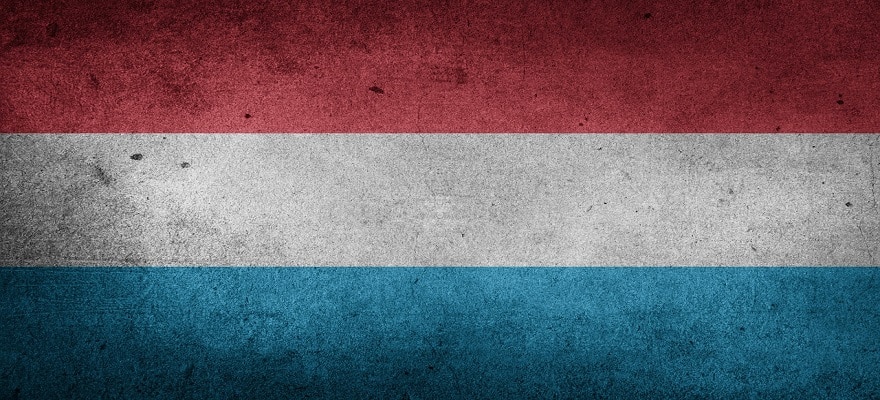Payments startup PingPong announced on Wednesday that it has secured an electronic money institution (EMI) license from Luxembourg’s financial regulator, the Commission de Surveillance du Secteur Financier (CSSF).
The Fintech is targeting e-commerce companies with payments services, specifically with merchant’s cross-border transfers. It already has a presence in China, Hong Kong, the United States and Japan with over 800,000 merchants using its services across 14 markets.
This new license, according to the company, will allow it to offer a more flexible array of services and increase the scope of customers in the future. It will further help the firm to expand into the European markets.
The company is considering to offer an electronic wallet in the region, along with a range of other services.
“We are extremely proud to announce obtaining an EMI license in Luxembourg, a world-renowned fintech hub and pioneer within the EU market,” PingPong Co-founder and Chief Business Officer, Ning Wang said.
“This will strengthen our existing services which can support customers on different market places such as Amazon, eBay, and Walmart and grant us the flexibility to broaden our business model to beyond e-commerce platforms...This EMI license will allow us to diversify our offerings to support customers in a way the banking system was not built to, consolidating our world-class capability in cross border payments whilst priming our position as the e-commerce bank of the future”
Europe Has Become a Fintech Hub
Founded in 2015, PingPong gained the status of a fintech unicorn last March with a valuation of $1.5 billion. The startup attracted many investors over the years and raised $122 million, according to Crunchbase.
“Today, Luxembourg is one of the leading payment and e-money hubs in the EU and I'm happy to see that it continues to grow,” said Luxembourg Finance Minister, Pierre Gramegna. “In this sense, I welcome that PingPong has just upgraded its Luxembourg presence with a new e-money license that will help it better serve its European customers.”

















